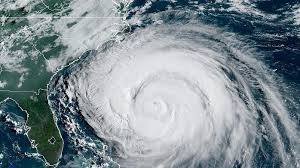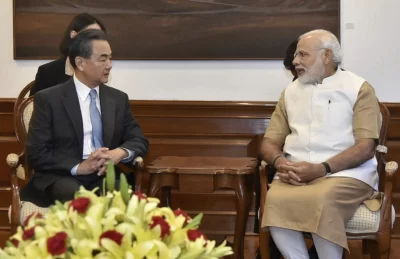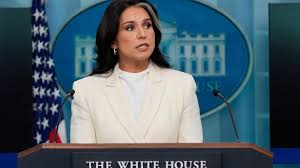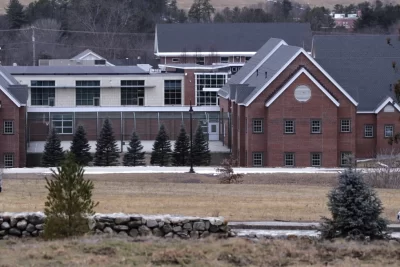
Britain’s interior minister said Thursday that the U.K. government can revive its blocked plan to send asylum-seekers to Rwanda without breaching international law, with the first flights taking off next year.
Home Secretary James Cleverly said the government is “absolutely determined” to begin Rwanda deportation flights before a national election that must be called by the end of 2024.
Many legal experts said that’s wishful thinking, and critics urged the government to ditch a plan they say is costing millions and harming Britain’s international reputation.
On Wednesday, the U.K. Supreme Court quashed the government’s plan, saying Rwanda is not a safe country where migrants can be sent. Britain’s top court said asylum-seekers faced “a real risk of ill-treatment” and could be returned by Rwanda to the home countries they had fled.
Despite the justices’ unanimous verdict, the British government doubled down on the policy, which it says will deter people from around the world making life-threatening journeys across the English Channel in small boats.
Sunak also said he was prepared to “revisit” international relationships to remove “obstacles” if the deportation policy continues to be blocked. Some members of the governing Conservative Party want the prime minister to take the country out of the European Convention on Human Rights if the Rwanda plan is stymied.
Cleverly said he believed the plan could take effect without Britain leaving the European convention. The only countries ever to quit the rights accord are Russia – which was expelled after invading Ukraine – and Belarus.
“I don’t believe that will be necessary,” Cleverly told the BBC. “We are taking action to address the specific deficiencies in the judgment … to make sure we are in conformity with international law.”
He said the government was confident that “the legally binding treaty, which is binding on both countries, will be robust, will address the issues raised by the Supreme Court.”
Legal experts were skeptical. Jonathan Sumption, a former U.K. Supreme Court justice who is known as a conservative, said the government’s strategy “won’t work” because the government was asking Parliament “to change the facts.”
“The courts have perused hundreds of pages of documents to arrive at this conclusion. For Parliament simply to say ‘the facts are different’ would be constitutionally really extraordinary,” Sumption told the BBC.
Refugee law expert David Cantor said if the government failed to heed the Supreme Court, it would set “a very dangerous precedent.”
“In theory the government can legislate to say that black is white or the moon is made of cheese or whatever. That doesn’t make it true,” said Cantor, who heads the Refugee Law Initiative at the University of London’s School of Advanced Study.
“Simply bringing a treaty into play doesn’t change the assessment of the facts that the Supreme Court carried out … which was very, very clear that there are systemic deficiencies within the Rwandan system for determining refugee status and protecting refugees.”
It has been more than a year and a half since the U.K. struck a deal with Rwanda to send migrants who arrive in the U.K. as stowaways or in boats to the East African country, where their asylum claims would be processed and, if successful, they would stay.
Britain says that will deter people from making the journey and break the business model of people-smuggling gangs. Critics say it is both unethical and unworkable to send migrants to a country 4,000 miles (6,400 kilometers) away, with no chance of ever settling in the U.K.
For years, human rights groups have accused Rwanda’s government of cracking down on perceived dissent and keeping tight control on many aspects of life, from jailing critics to keeping homeless people off the streets of Kigali. The government denies it.
No one has been sent to Rwanda as the plan was challenged in the U.K. courts, and the policy is controversial even among Conservatives. Cleverly, a former foreign secretary who was appointed interior minister on Monday in a government shakeup, did not deny that he once described the Rwanda plan – using a vulgar term – as crazy.
Much of Europe and the U.S. are struggling with how best to cope with migrants seeking refuge from war, violence, oppression and a warming planet that has brought devastating drought and floods.
Though Britain receives fewer asylum applications than countries such as Italy, France or Germany, thousands of migrants from around the world travel to northern France each year in hopes of crossing the English Channel. More than 27,300 have done that so far this year.
Sunak has made “stop the boats” one of his key pledges ahead of a national election that is due next year. He hopes showing progress can help the party close a big polling gap with the Labour opposition.
Cleverly said the government was confident Rwanda deportation flights would stary before the election — but, he acknowledged, “the timescales that we are looking at can vary depending on circumstances.”






